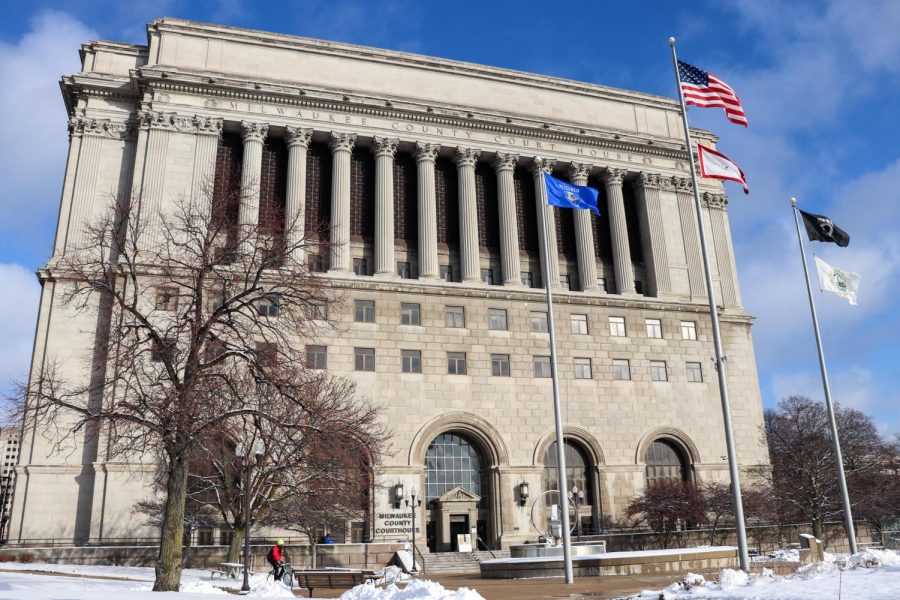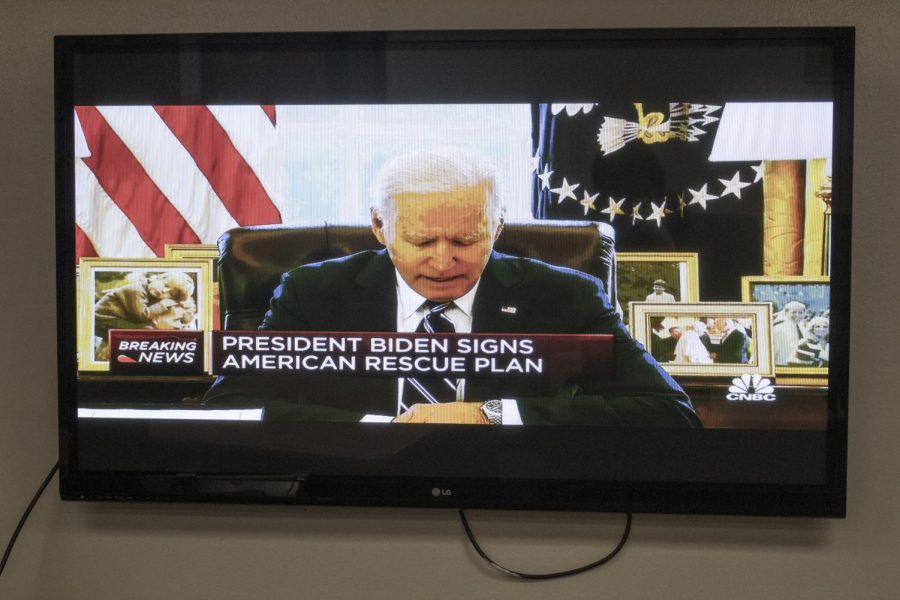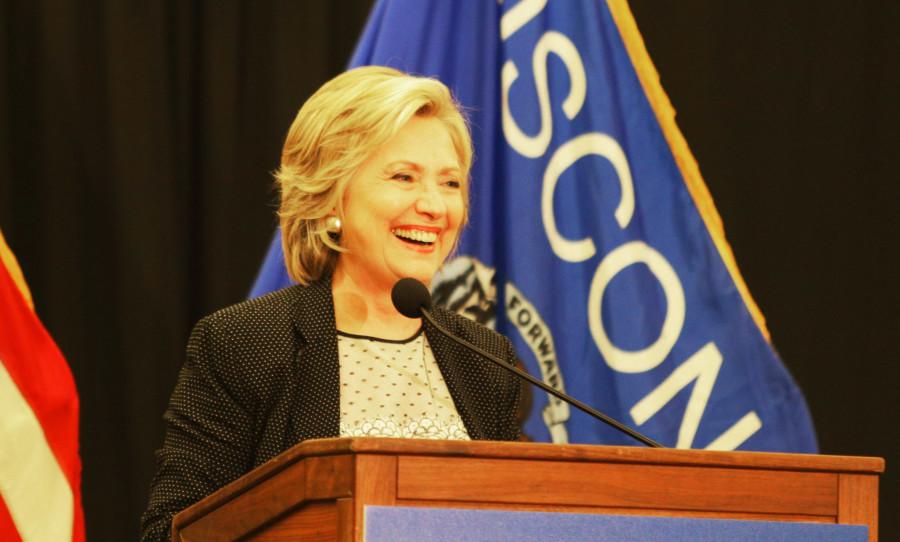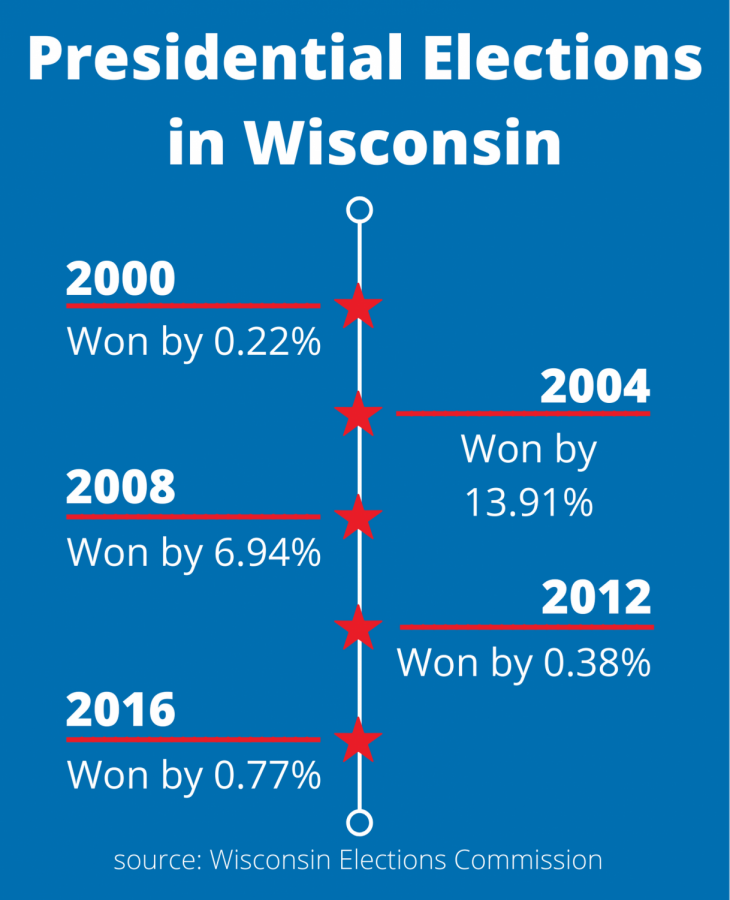Jane Doe v. Marquette University, a civil case first filed in August 2017, will “very likely” end in a settlement without ever reaching trial, Paul Nolette, assistant professor of political science, said.
“It’s typical of these kinds of cases to seek out mediation to avoid further cost and extensive discovery,” Nolette said. “I would be surprised if this wasn’t settled outside of court.”
The plaintiff, a former Marquette nursing student referred to as Jane Doe in court proceedings for confidentiality purposes, filed the lawsuit accusing the university of negligence and violating Title IX. The lawsuit came following Marquette officials’ alleged mishandling of a sexual assault allegation brought to the university’s attention in 2014.
In the suit, Doe claims the university discouraged her from reporting the alleged assault to the Milwaukee Police Department. The suit also claims Marquette did not inform Doe of her Title IX rights or carry out an investigation following Doe’s report, as is required under Title IX.
Marquette denied these allegations in 2017, although the university confirmed that an investigation did not take place on the grounds that the alleged perpetrator was no longer a student at the university. The individual in question withdrew from Marquette a week and half after Doe reported the alleged crime to the then Marquette Public Safety Department.
The incident was also the subject of a prior criminal case in which the defendant, another former Marquette student named only as KW, was accused of sexually assaulting the plaintiff upon encountering her intoxicated the night of Aug. 24, 2014. In 2016, KW was found not guilty of this charge.
Since the case’s opening, the legal teams of both the plaintiff and Marquette University have undergone a period of gathering evidence, including the education records of the alleged perpetrator.
These records — which the university initially declined to provide for the student’s privacy — were admitted to evidence in February 2019 despite a protective order filed by KW. The court eventually found that the “plaintiff’s need for (KW’s) records outweighs privacy interest” and that such documents were “central to the plaintiff’s theory of case.”
As a movant, KW’s involvement in the civil case was limited to a single motion which was the protective order he filed on behalf of his education records.
“These records are probably being used to establish a relationship between the plaintiff and the alleged perpetrator,” Nolette said. “But it’s not precisely clear in what ways the educational records will do this given what’s available.”
Both the plaintiff’s attorney and Marquette University declined to comment on the case due to the case’s status of pending litigation. The attorney of movant KW also declined to comment.
In the unlikely event the case comes to a trial, the plaintiff and Marquette University will present their arguments before a judge and jury. However, it is far more likely that the plaintiff and the university will reach a settlement through mediation without undergoing a trial, Nolette said.
This story was written by Nicole Laudolff. She can be reached at nicole.laudolff@marquette.edu.








